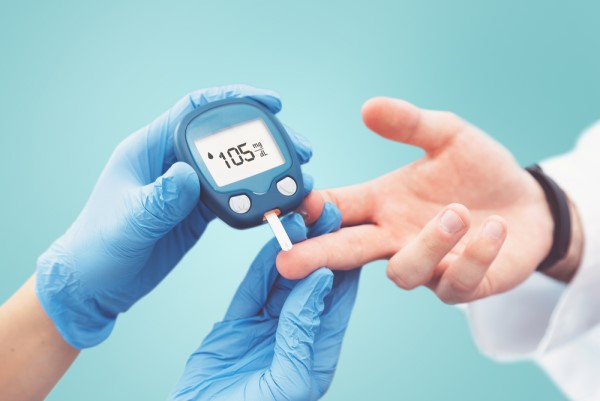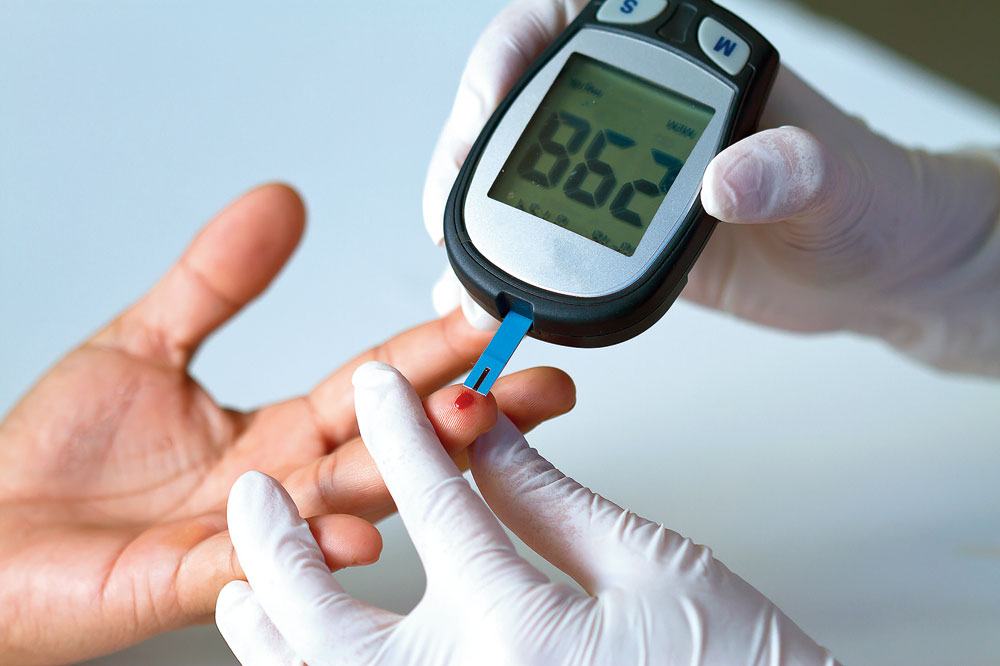Diabetes

Diabetes
Diabetes is a chronic metabolic disorder characterized by elevated blood sugar levels, either due to insufficient insulin production (Type 1 diabetes), ineffective use of insulin by the body’s cells (Type 2 diabetes), or a combination of both factors. Another type, gestational diabetes, occurs during pregnancy.
Untreated or poorly managed diabetes can lead to serious health complications, including heart disease, stroke, kidney failure, vision loss, nerve damage, and foot problems. Symptoms of diabetes may include increased thirst, frequent urination, unexplained weight loss, fatigue, blurred vision, and slow wound healing.

We always take care our patient
By effectively managing blood sugar levels and adopting a healthy lifestyle, individuals with diabetes can reduce the risk of complications and lead a fulfilling life.
Education, support from healthcare professionals, and self-care practices play crucial roles in successfully managing diabetes and improving overall quality of life.
